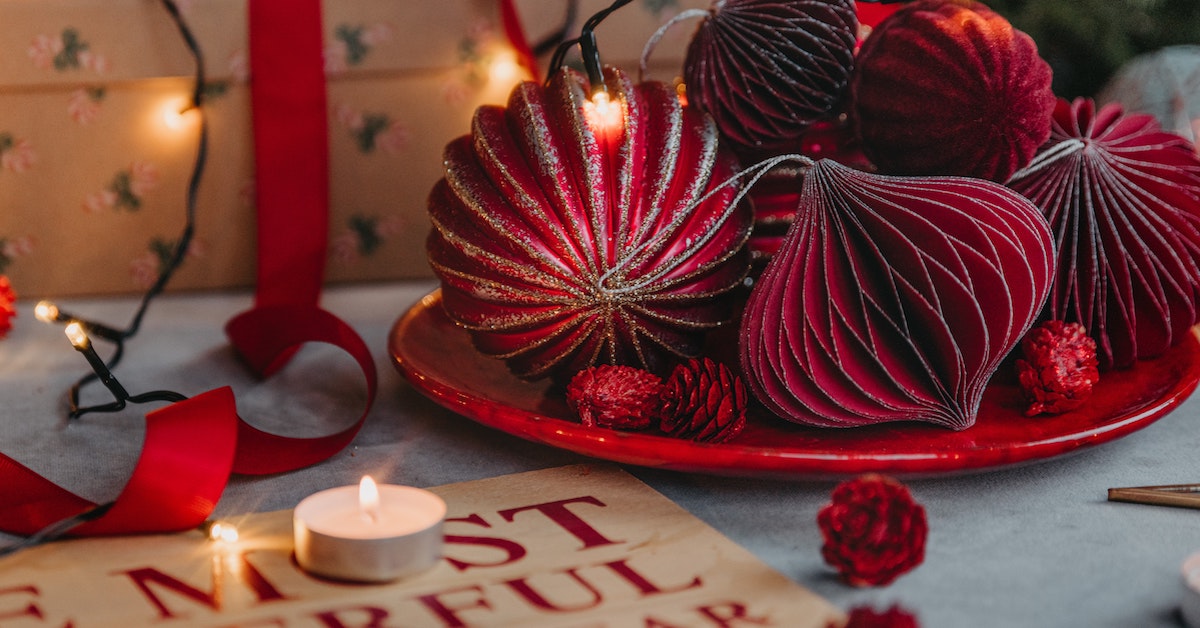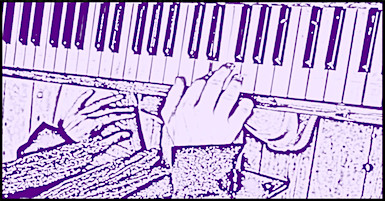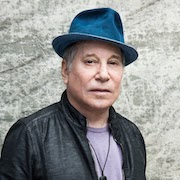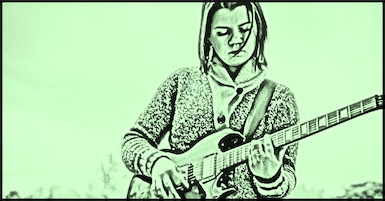I know I give you a lot of advice and sometimes you probably wonder if I know what I’m talking about. (Hey, I wonder the same thing about other people all the time.)
So, in this post, I thought I’d give you songwriting advice that comes straight from the mouths of songwriters and artists with incredibly successful, long-running, world-wide fame and success. I won’t include their bios or track records because you already know who they are. So, here are “7 Habits of Successful Songwriters” straight from the source!
1. DEVELOP A SONGWRITING PROCESS
Your songwriting process is the way in which you approach creating lyrics, melody, and chords. Maybe you’re a lyrics-first person. Or maybe you grab your guitar and come up with a groove and chords first. Here’s how a couple of successful songwriters approach their own songwriting.
Paul Simon
“I work with my guitar and a legal pad…. I get going fairly early in the morning, because my mind is sharp, and start by dating the pad and putting down personal comments, such as how I am feeling that day, so that it becomes a diary of sorts. … The first page might have all sorts of lines that will never be used, but as I turn the pages, a little thought might come forward and suggest potential for development.” (Making Music, book by George Martin)




